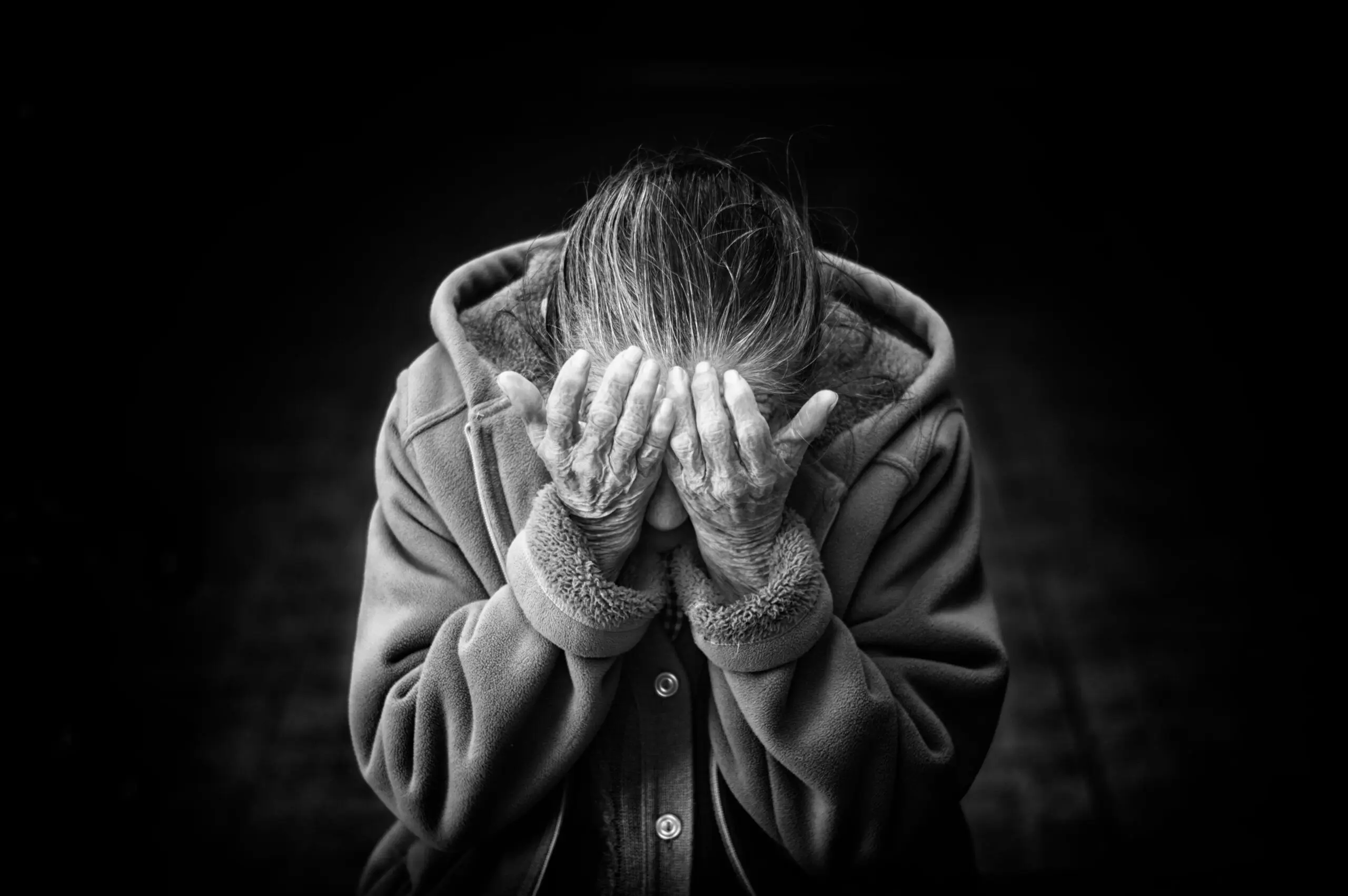Navigating Caregiver Grief: Support & Coping Strategies During Challenging Times
Navigating Caregiver Grief: Support & Coping Strategies During Challenging Times

The Emotional Journey of Caregiving
Caregiver grief is a complex emotional experience that often begins long before a loved one’s physical passing. For those providing care to family members with conditions like dementia, this grief process can be particularly challenging as you witness gradual changes in your relationship and connection. The emotional challenges of caregiving extend beyond sadness to include feelings of guilt, frustration, and sometimes even relief – all of which are normal responses to the caregiving journey.
A Personal Story: Caregiving Through the Pandemic
Like many caregivers, Sarah found herself navigating unexpected challenges when the pandemic began:
“Mom has some dementia. We moved her to assisted living just a few months before the whole pandemic thing started. She had just started to show signs of agitation – but whenever I visited her, she would calm down. But then, all of a sudden, I couldn’t visit, and I started to worry – how was she doing? Was she getting worse?
After a couple of months, I started seeing heartwarming pictures of families seeing loved ones through the window of their nursing home, or standing on the curb as grandparents waved from the porch – and I wanted some of that warm feeling for myself and for mom.
So, I arranged a window visit, and it didn’t go well. She doesn’t understand the virus, quarantine, visiting restrictions, or what the world is currently experiencing. She kept asking why we couldn’t touch or get someone to unlock the door. As time went on, she got more agitated and confused. I kept it light, upbeat, and told her I would be back later, but maybe that isn’t a good idea. Ultimately, I worry.”
Sarah’s experience highlights the specific dementia caregiving struggles that many families face, especially during times of crisis.
The Challenges of Remote Caregiving
The pandemic caregiving challenges have magnified the emotional and physical distance between caregivers and their loved ones. Whether your family member is living in their own home or a long-term care facility, pandemic restrictions have likely changed how and when you interact with them. For long-distance caregiving situations, these challenges are even more pronounced.
Many caregivers report feeling disconnected from their caregiving role when unable to provide hands-on support. This emotional separation can intensify feelings of:
- Caregiver guilt about not doing “enough”
- Anxiety about your loved one’s well-being
- Helplessness when unable to comfort them in person
- Frustration with healthcare systems and visitation policies
Understanding and Coping with Caregiver Grief
Recognizing Grief in Caregiving
Grief and loss in caregiving often manifest differently than traditional bereavement. You may experience caregiver mental health challenges like:
- Anticipatory grief as you witness decline
- Ambiguous loss when your loved one is physically present but psychologically changed
- Disenfranchised grief that others may not recognize or validate
- Caregiver loneliness and isolation
The challenge lies in looking at grief as a companion rather than an enemy—a reminder of the preciousness of the relationship. By acknowledging these feelings as normal responses to extraordinary circumstances, you can begin the process of managing caregiver grief in healthier ways.
Practical Strategies for Coping with Caregiving Stress
Self-care for caregivers isn’t just a luxury—it’s essential for sustainable caregiving. Consider these approaches for balancing caregiving and self-care:
- Establish dedicated time for grief processing through journaling or creative expression
- Connect with other caregivers through support groups who understand your experience
- Practice mindfulness techniques to manage overwhelming emotions
- Set realistic expectations for yourself and the caregiving situation
- Accept help from others and delegate responsibilities when possible
Remember that attending to your own needs is not selfish—it’s necessary. The discipline of physical exercise, good nutrition, and restful sleep can begin to fill the spaces that hands-on caregiving used to occupy, laying a foundation for emotional resilience.
Adjusting to New Caregiving Routines
Finding new routines during changing circumstances requires flexibility and creativity. For those adjusting to caregiving changes, consider these approaches:
If your loved one is in a long-term care facility:
- Maintain regular communication with facility staff about changing policies
- Establish virtual visit schedules that work with your loved one’s energy levels
- Send care packages with familiar items, photos, or recorded messages
- Coordinate with other family members to ensure consistent contact
For those caring from a distance:
- Explore alternative travel options that minimize exposure risks
- Consider temporary relocation closer to your loved one if feasible
- Utilize technology to maintain presence through video calls
- Establish local support networks to check in when you cannot be present
During health crises or end-of-life situations, carefully weigh the emotional benefits of in-person connection against potential risks. Sometimes, being physically present becomes the priority despite other concerns.
Reflecting on Your Caregiving Journey
The path of caregiving, though challenging, offers profound opportunities for growth and meaning. As you navigate the complexities of grief in caregiving, remember that your experience holds value—both for yourself and potentially for others walking similar paths.
After a time, you will be able to look back and discover many gifts in the caregiving journey you undertook, knowing that you gave so much love and good care under the most trying of circumstances. Eventually, we all move back into life in a new way, wiser and more patient, with a renewed sense of tenacity and appreciation for human connection.
The emotional challenges of caregiving shape us in unexpected ways, often revealing strengths we didn’t know we possessed. By honoring your grief while continuing to care for yourself, you create space for healing and new beginnings.
Need Additional Support?
Our Caregiver Help Desk is available to answer your questions and provide personalized guidance for your caregiving situation. Contact us today to speak with a caring professional who understands the unique challenges you’re facing.
Adapted from CAN’s signature series Life After Loss



